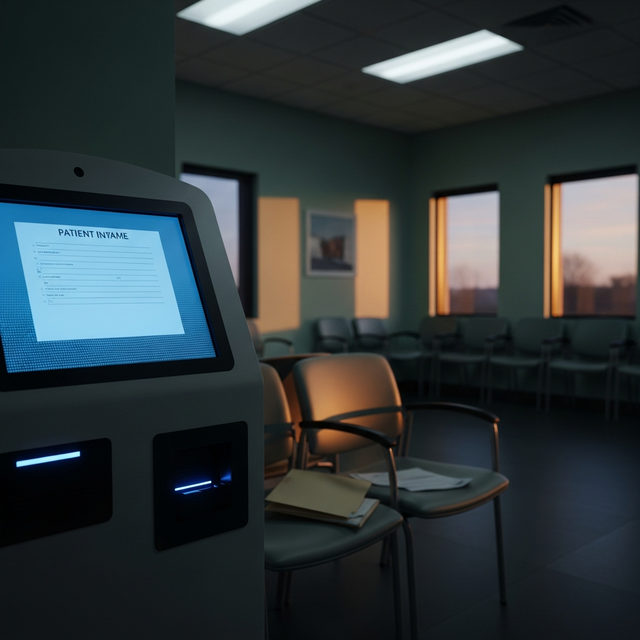Columbia University Data Breach Exposes 870,000 Individuals: What You Need to Know

Columbia University Data Breach Exposes 870,000 People's Personal Info - Here's What You Need to Know
Well, this isn't great. Columbia University just announced a massive data breach affecting nearly 870,000 students, staff, and applicants. And we're not talking about just email addresses here - we're looking at Social Security numbers, financial information, and even health records getting exposed.
What Actually Happened?
Here's the situation: On January 24th, Columbia discovered that hackers had broken into one of their file transfer systems (specifically, something called MOVEit). The scary part? The attackers had access for almost two months - from May to July 2023 - before anyone caught on.
The compromised data includes:
Social Security numbers
Financial account information
Government ID numbers
Health insurance details
Medical information
Contact information
Why This Is Seriously Bad
Look, I've seen a lot of data breaches, but this one's particularly concerning. When criminals get their hands on this combination of personal data, they can do some serious damage. We're talking full-on identity theft territory here. They've got everything they need to open fake accounts, file fraudulent tax returns, or even get medical care under your name.
What Columbia Is Doing About It
Columbia is offering two years of free credit monitoring and identity protection services to affected individuals. That's... fine, I guess, but honestly? It's the bare minimum these days. They're also setting up a dedicated call center for questions and sending notification letters to everyone affected.
What You Need to Do Right Now
If you're one of the 870,000 people affected (or think you might be), here's your action plan:
1. Lock Down Your Accounts
First things first - change your passwords. And not just your Columbia password - any account where you used the same or similar password. This is exactly why I'm always bugging people to use a password manager. I personally use NordPass because it makes creating and managing unique passwords actually doable.
2. Set Up Credit Monitoring
Yes, take the free monitoring Columbia is offering, but also:
Place a fraud alert with the major credit bureaus (Equifax, Experian, TransUnion)
Consider freezing your credit (it's free and one of the most effective ways to prevent new account fraud)
Get your free credit reports from annualcreditreport.com and review them carefully
3. Enable Multi-Factor Authentication
This is crucial - especially for your financial and email accounts. And while you're at it, consider getting a YubiKey as your second factor. Unlike SMS codes (which can be intercepted), these hardware keys are practically impossible to hack.
4. Watch Your Statements Like a Hawk
Monitor your bank statements, credit card bills, and even medical insurance statements for anything suspicious. Identity thieves often start with small charges to test if accounts are active.
Protecting Yourself Going Forward
This breach is a wake-up call for better personal security habits. Here's what I recommend to anyone who asks me:
First, get serious about password security. Using unique passwords for every account isn't optional anymore, and storing them in your phone's notes app isn't going to cut it. Like I mentioned earlier, NordPass makes this whole process pretty painless - it can even alert you if your passwords show up in data breaches.
Second, consider using a VPN when accessing sensitive accounts, especially on public WiFi. I've been using NordVPN for years - it's fast enough that you won't notice it's running, but it keeps your data encrypted and private.
The Bigger Picture
This breach is part of a larger attack that targeted organizations using the MOVEit file transfer software. It's a reminder that even prestigious institutions can fall victim to cyber attacks. The best defense is assuming your data will eventually be compromised and taking steps to minimize the damage when (not if) it happens.
Final Thoughts
If there's one thing you take away from this, let it be this: Strong, unique passwords and multi-factor authentication are no longer optional. They're your first line of defense in a world where data breaches happen almost daily.
Quick heads up:Some links in this article are affiliate links. If you buy something through them, we might earn a small commission (doesn't cost you extra). We only recommend stuff we'd actually use ourselves or set up for our own families. No BS recommendations here.


